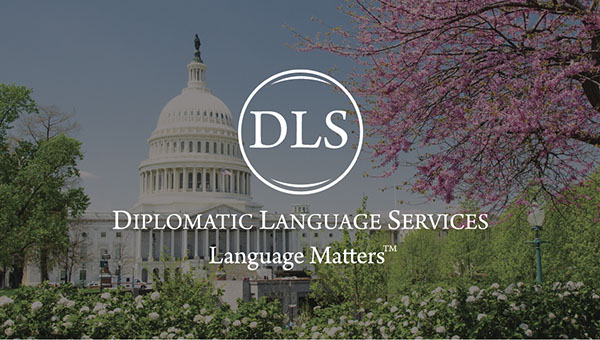We often discuss language learning at DLS, but some languages stand out for their urgent need. These are often referred to as critical languages, and the demand for them continues to increase. We see it across national security, diplomacy, and global cooperation.
Whether training occurs in person or online, these language skills enable professionals to communicate, adapt, and perform effectively in complex, high-stakes environments.
What Are Critical Languages?
Critical languages are those identified by the U.S. government as essential to national security and global engagement. These languages are widely spoken around the world but have relatively few fluent speakers in the United States.
Examples include:
-
Arabic
-
Mandarin Chinese
-
Russian
-
Farsi
-
Korean
-
Pashto
-
Dari
-
Urdu
-
Turkish
-
Swahili
-
Hausa
These languages are in demand because they are spoken in regions that are politically or strategically important. In many of those regions, English is not commonly spoken. That makes language skills a key asset.
Why the Demand Is Growing
Language proficiency is now a critical component of professional readiness, particularly in government and defense roles. The ability to communicate in a local language builds trust, improves mission outcomes, and strengthens relationships.
This is true for intelligence analysts, policy advisors, field officers, humanitarian workers, and many others. It is not just about knowing how to translate. It is about understanding people, culture, and intent. Language helps professionals avoid missteps and work more effectively with international teams and partners.
What Happens When Language Skills Are Missing?
Without trained language professionals, teams often face setbacks. Miscommunication, delays, and missed insights can all result from language gaps. These breakdowns may affect diplomacy, security coordination, or community engagement. In high-pressure environments, even small misunderstandings can carry real consequences.
This is why language training is not a luxury; it is a necessity. It forms the foundation for effective global work.
How DLS Supports Critical Language Training
At DLS, we train people in the critical languages they need for real-world work. Our clients include government agencies, contractors, and international organizations. We develop programs that are practical, adaptable, and focused on achieving results.
Here’s what we offer:
-
Custom instruction in high-priority languages
-
Native-speaking instructors with deep cultural knowledge
-
Proficiency-focused programs to prepare for exams like the DLPT and OPI
-
Maintenance training to keep language skills sharp
-
Cultural training built into every session
We help learners build both fluency and confidence. Whether someone is preparing for deployment, a diplomatic post, or long-term overseas work, we tailor training to the mission.
The need for professionals who can work across languages and cultures is expected to continue growing. Global operations rely on clear and respectful communication. The more prepared your team is to navigate language and culture, the more effective they will be in the field. We’re proud to support that mission, and we’re ready to help.



